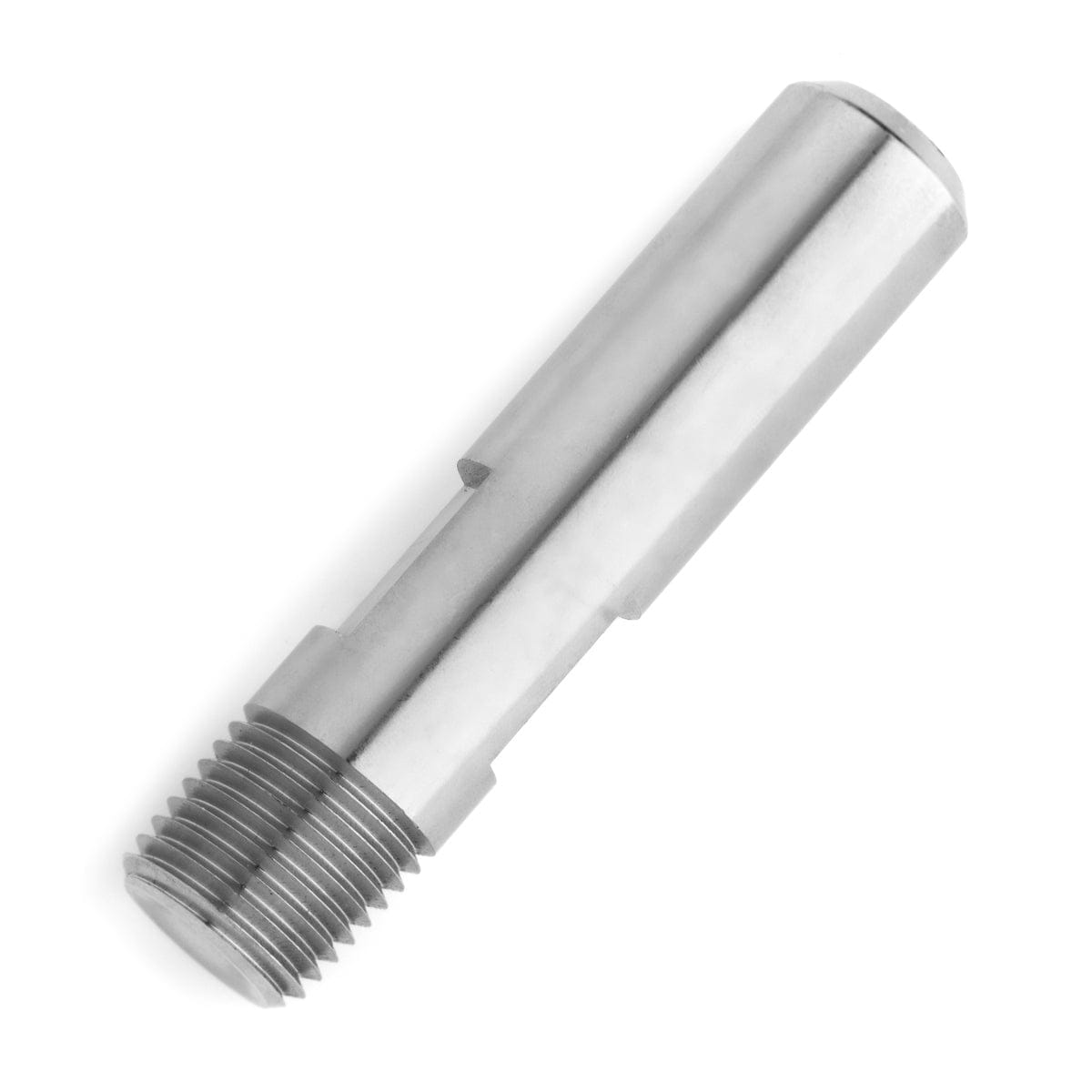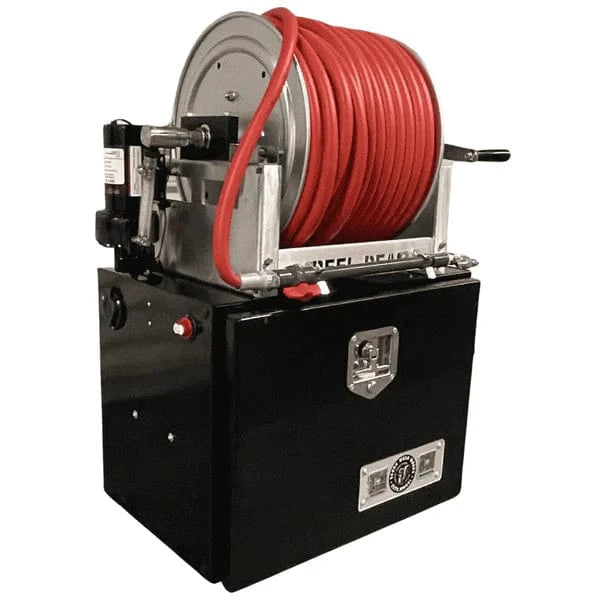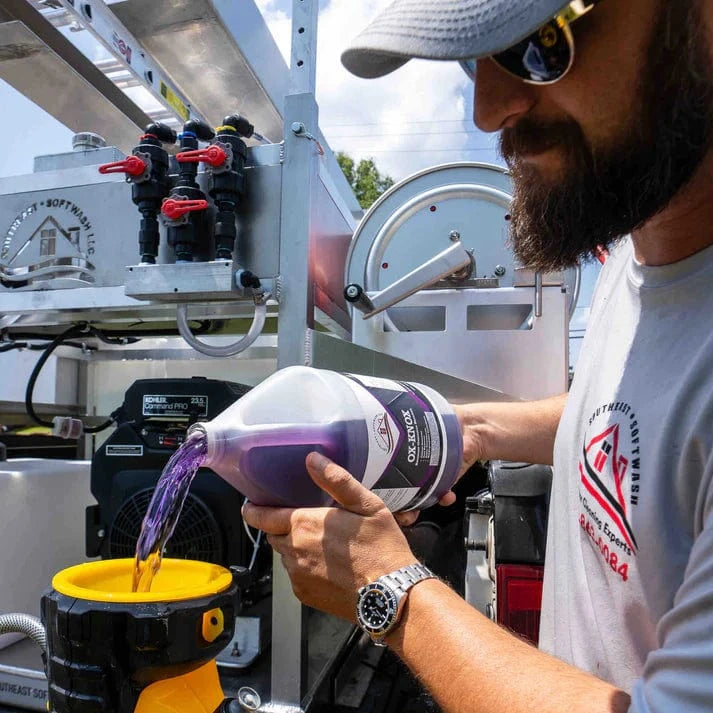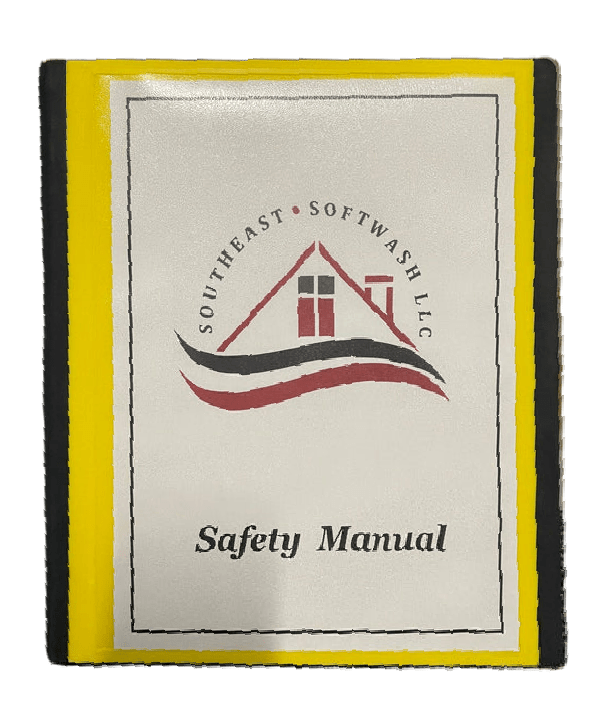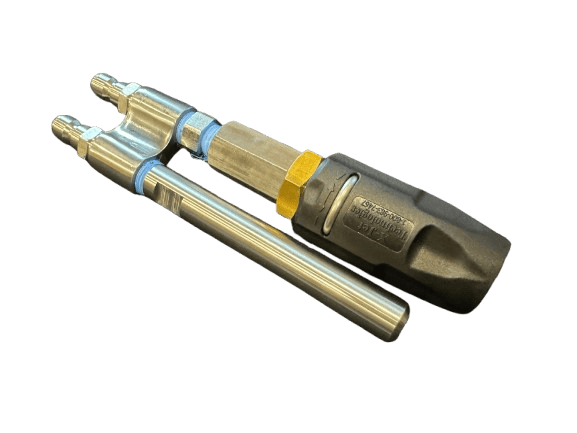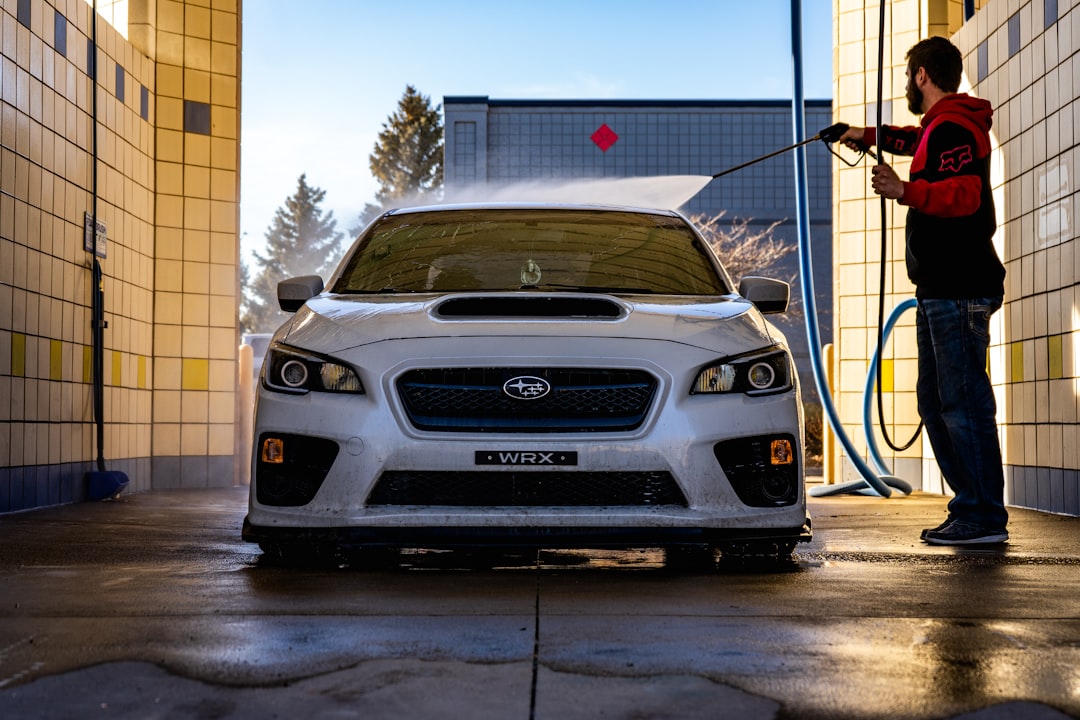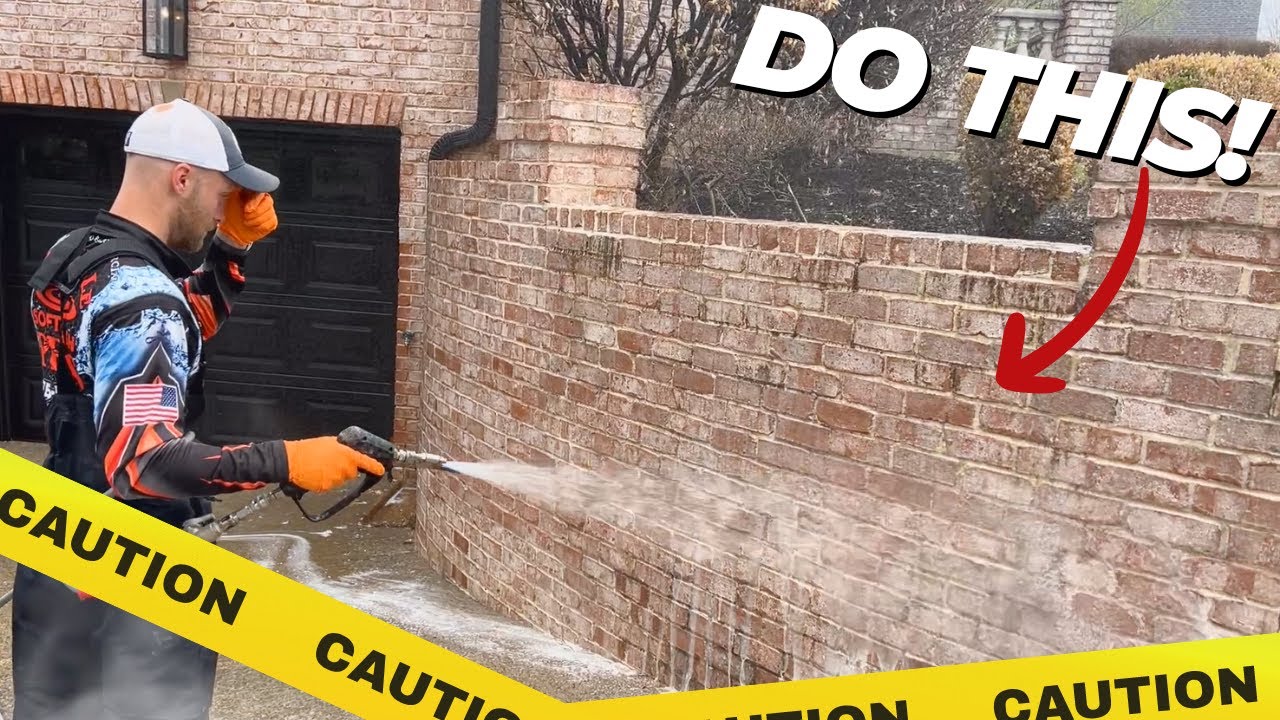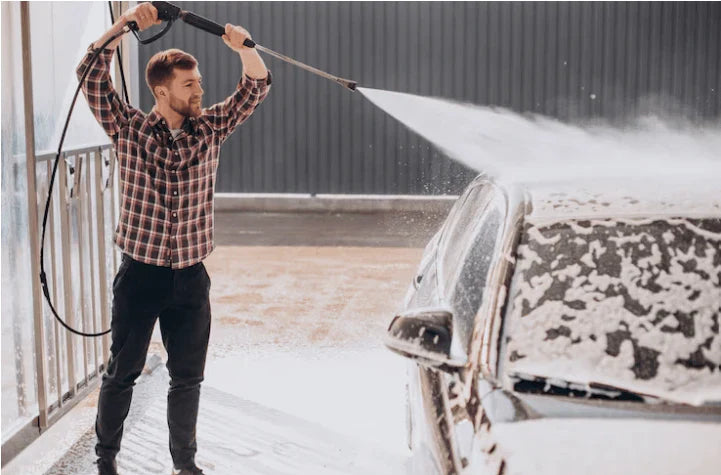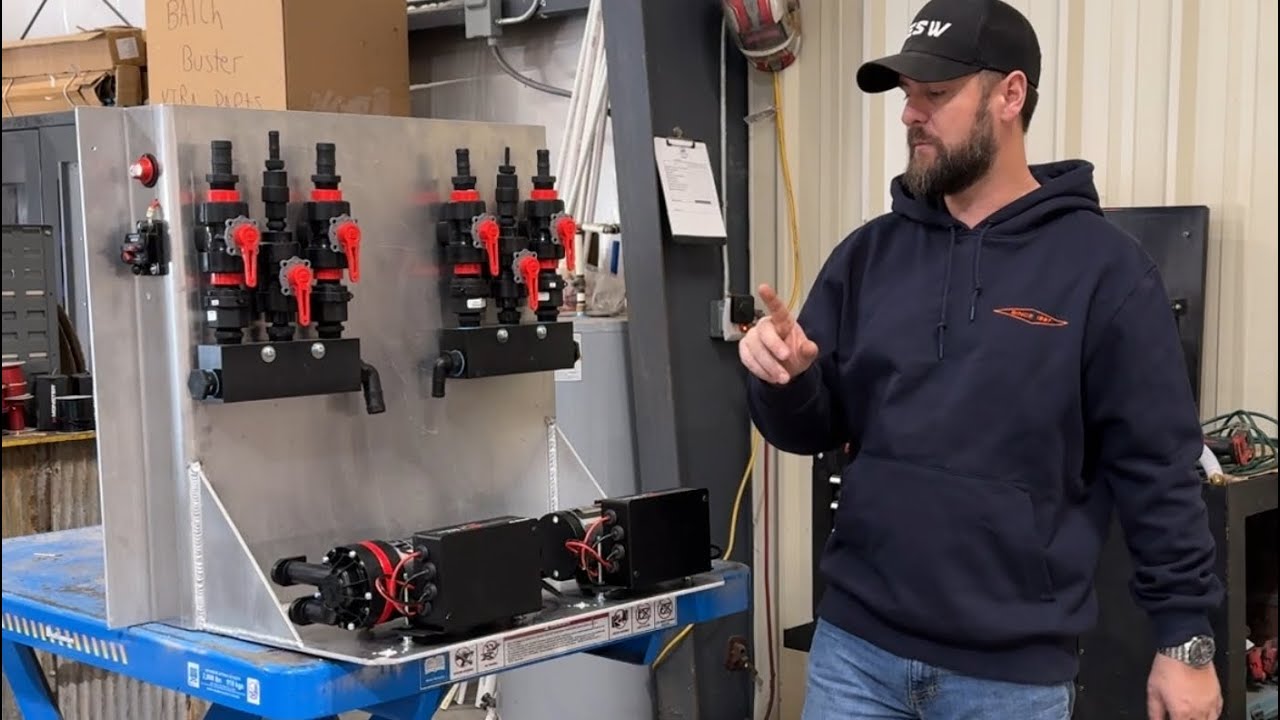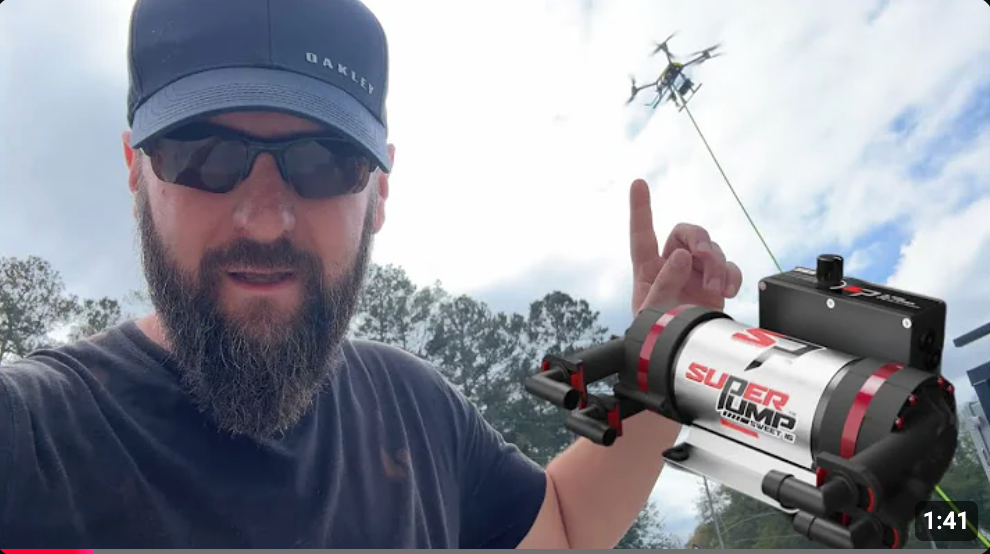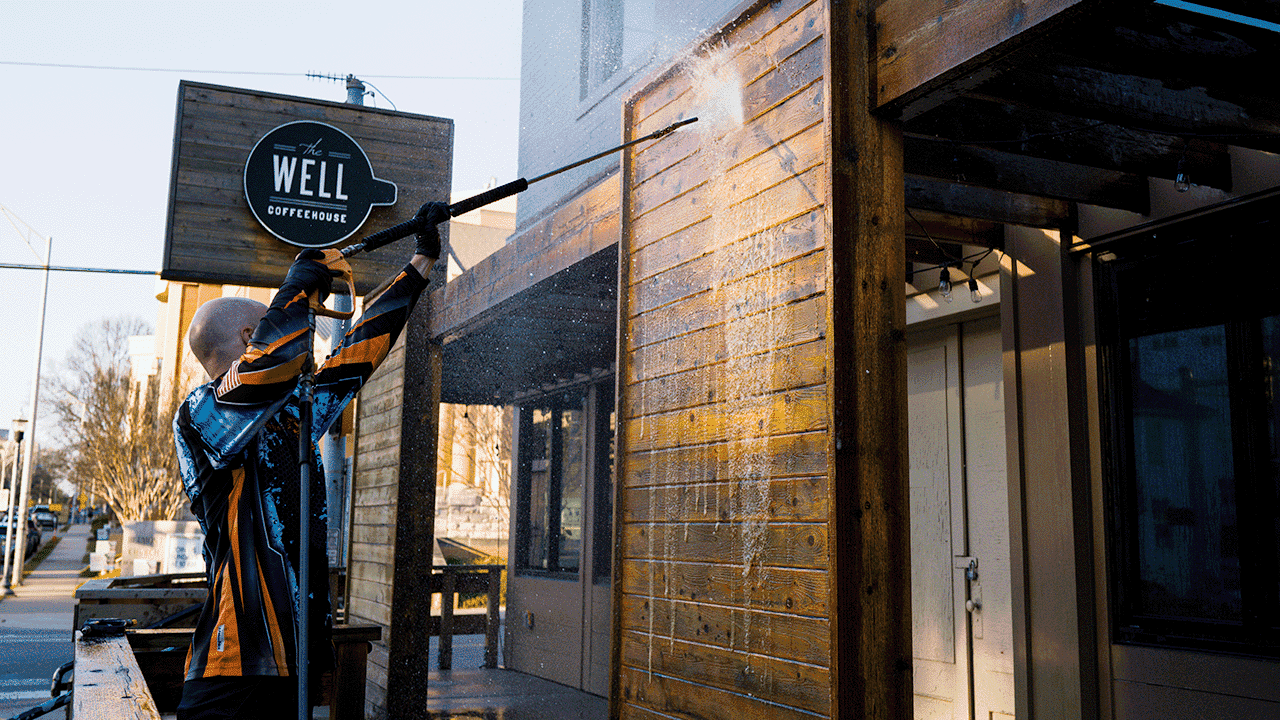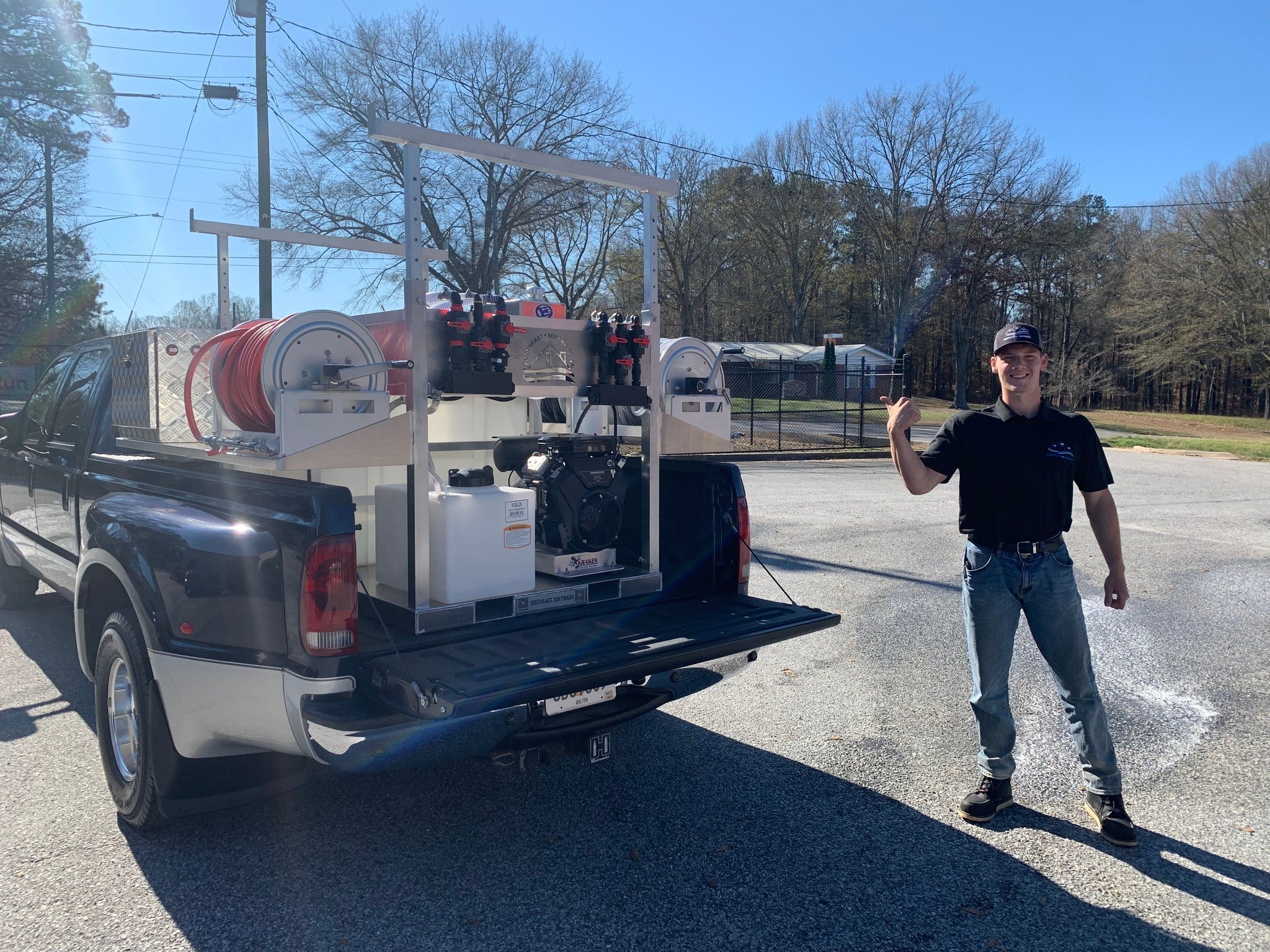Pressure washing is an effective and efficient method for cleaning the exterior surfaces of your home. It can remove years of dirt, grime, and even mold or mildew in a matter of minutes. However, it's essential to know the do's and don'ts of pressure washing to ensure you don't cause any damage to your home. In this article, we will explore the best practices for pressure washing your home's exterior.
The Benefits of Soft Washing over Pressure Washing
Before we dive into the do's and don'ts, let's briefly touch upon the differences between pressure washing and soft washing. Pressure washing involves the use of high-pressure water to clean surfaces. Soft washing, on the other hand, utilizes a low-pressure application of water and specialized chemicals. While pressure washing may be suitable for some surfaces, soft washing is often the preferred method for home exteriors.
Soft washing is gentle yet effective, making it ideal for delicate surfaces like siding, stucco, and painted areas. It reduces the risk of damage caused by high-pressure water, which can strip paint, gouge wood, or loosen caulking. Soft washing also eliminates the need for excessive scrubbing, saving you time and effort.
The Do's of Pressure Washing
1. Do Familiarize Yourself with Pressure Washing Equipment
Before you begin pressure washing, take the time to learn about the equipment you'll be using. Understand how to operate the machine properly, including how to adjust the water pressure and select suitable nozzles. Familiarize yourself with any safety features and precautions.
2. Do Wear Protective Gear
Safety should be your top priority when pressure washing. Always wear protective gear, including safety goggles, gloves, closed-toe shoes, and long-sleeved clothing. This will shield you from any debris, chemicals, or water spray that may kick back at you during the process.
3. Do Test the Pressure on a Small, Inconspicuous Area
Prior to pressure washing the entire exterior, test the pressure on a small and inconspicuous area. This will help you determine the ideal water pressure and distance from the surface without causing damage.
4. Do Use Suitable Pressure Washing Chemicals
While water alone can effectively clean certain surfaces, using pressure washing chemicals can enhance the cleaning process. However, ensure you choose the appropriate pressure washing chemicals for the surface you are cleaning. General-purpose cleaners may work for some areas, but others may require specialized solutions.
5. Do Clean from the Bottom Up
When pressure washing your home's exterior, start from the bottom and work your way up. This will prevent streaks caused by dirty water running down over already-cleaned areas. By working from the bottom up, you'll achieve a more uniform and professional-looking result.
6. Do Rinse Thoroughly
After applying pressure washing chemicals, make sure to rinse the area thoroughly. Leaving chemicals on the surface can cause discoloration or damage over time. Rinse from the top down to ensure complete removal of dirt and cleaning solutions.
7. Do Protect Plants, Shrubs, and Outdoor Decor
Pressure washing chemicals can be harmful to plants, shrubs, and outdoor decor. Before you begin, cover any delicate or valuable items with plastic or cloth tarps. Additionally, wet down any nearby plants or shrubs with water to dilute any potential chemical runoff.
8. Do Use Proper Technique
Using the correct technique is essential for avoiding damage and achieving optimal cleaning results. Hold the pressure washer nozzle at a slight angle, pointed downwards. This prevents water from being forced behind siding, which can cause water damage or mold growth. Keep a consistent distance from the surface to prevent uneven cleaning.
9. Do Consider Hiring a Professional
Pressure washing can be a labor-intensive task, especially for large or multi-story homes. If you're not confident in your ability to pressure wash your home's exterior, consider hiring a professional soft washing service. They have the experience and equipment to safely and effectively clean your home, saving you time and potential headaches.
The Don'ts of Pressure Washing
1. Don't Use High Water Pressure on Delicate Surfaces
Using high water pressure on delicate surfaces such as siding, stucco, or painted areas can cause damage. Avoid using high water pressure on these surfaces and opt for soft washing instead.
2. Don't Overuse Pressure Washing Chemicals
Using too much pressure washing chemicals can lead to unnecessary waste and potential harm to the environment. Follow the manufacturer's instructions and use only the recommended amount of cleaning solutions.
3. Don't Neglect Proper Safety Measures
Never compromise on safety when pressure washing. Avoid wearing open-toe shoes, shorts, or clothing that leaves your skin exposed. Neglecting safety measures can result in injuries from slips, falls, or chemical exposure.
4. Don't Point the Nozzle directly at Windows, Doors, or Vents
Directing the pressure washer nozzle at windows, doors, or vents could lead to water infiltration. To prevent potential water damage or leaks, avoid pointing the nozzle directly at these areas.
5. Don't Pressure Wash Electrical Outlets or Fixtures
Electrical outlets and fixtures should never be pressure washed as they pose a significant risk of electrical shock. Always exercise caution and avoid contact with any electrical components.
6. Don't Pressure Wash Loose or Damaged Surfaces
If you notice loose siding, cracked paint, or any signs of damage, avoid pressure washing these areas. High water pressure can worsen existing damage or cause additional problems.
7. Don't Rush the Process
Pressure washing requires patience and attention to detail. Avoid rushing the process to ensure an even and thorough cleaning. Taking your time will result in a better outcome and prevent the need for repeat cleaning.
8. Don't Pressure Wash in Cold Temperatures
It's best to avoid pressure washing in extremely cold temperatures. Water can freeze on the surface, potentially causing damage. Aim to pressure wash on a day with mild weather conditions.
9. Don't Attempt to Pressure Wash at Heights without Proper Equipment
If your home has multiple stories or hard-to-reach areas, avoid attempting to pressure wash at heights without the appropriate equipment and safety measures. Falling from heights can result in serious injury or worse. Always prioritize your safety above all else.
Give Your Home a Fresh Look with Pressure Washing
When done correctly, pressure washing can give your home's exterior a fresh and rejuvenated look. By following these do's and don'ts, you'll ensure a safe and effective cleaning process. Remember, if you're unsure or uncomfortable pressure washing your home yourself, it's always best to hire a professional soft washing service. With their expertise, you can sit back and enjoy the benefits of a cleaner home without any worries.


